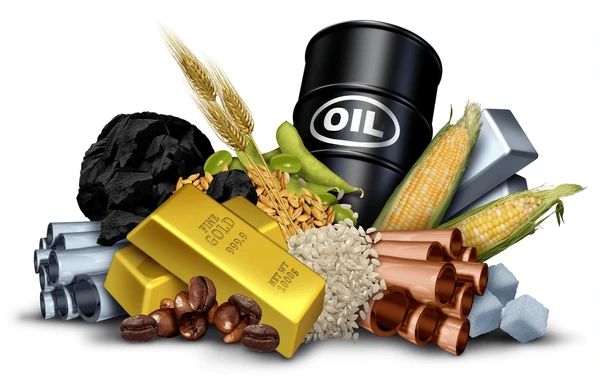Canadian traders

Canada's economy is one of the most developed in the world, marked by its strong service sector, abundant natural resources, and advanced manufacturing industry. It operates within a highly structured system of trade, finance, and commerce, with significant integration into global markets, especially through its membership in major trade organizations such as the World Trade Organization (WTO) and its strong ties with countries through agreements like the United States-Mexico-Canada Agreement (USMCA). Canada’s open-market policies, regulatory framework, and stable financial system contribute to its competitive position in international trade.
Trade between Canada and countries in the Middle East and West Asia has been growing over the past decade, though it remains smaller compared to Canada’s trade with the U.S., Europe, and Asia-Pacific regions. The Middle East, with its abundant energy resources, has attracted Canadian investments, especially in sectors like oil and gas, infrastructure, and engineering. Canada, in turn, exports goods such as machinery, aircraft, and agricultural products to Middle Eastern markets. Additionally, Canada imports significant amounts of oil, chemicals, and various manufactured goods from these regions.
Canada's relationship with the Middle East and West Asia has also seen diversification in terms of investment and technology exchange. For instance, Canadian firms are increasingly involved in sectors like renewable energy, clean technology, healthcare, and education within countries like the UAE, Saudi Arabia, and Qatar. Similarly, these countries have invested in Canada’s infrastructure, financial markets, and even the real estate sector, demonstrating an emerging reciprocal relationship. Moreover, Canada’s educational and technological expertise has resulted in growing partnerships between universities and companies in research and development.
In terms of exports, Canada’s main trade items with the Middle East include agricultural products such as grains, particularly wheat and pulses, machinery, and transportation equipment. On the other hand, its imports from the region mainly consist of petroleum products, chemicals, and textiles. This dynamic is driven by Canada’s need for energy security and the Middle East’s desire for food security, industrial goods, and technological advancements.
Although the political situation in the Middle East can sometimes present challenges, Canada's diplomatic and commercial policies are based on maintaining stable and long-term trade relationships. The free trade and investment agreements that Canada seeks or holds with various countries in the region are intended to strengthen these ties, while ensuring that both sides benefit from the exchange of goods and services, as well as the inflow of capital for large-scale projects.
 Danny Modhgill15 months ago
Danny Modhgill15 months ago ProfileWood And Timber
ProfileWood And Timber کشت و صنعت تریاک برادران جمعه بجز دوشنبه15 months ago
کشت و صنعت تریاک برادران جمعه بجز دوشنبه15 months ago ProfileEthylene, Seeds And Seedlings, Painting
ProfileEthylene, Seeds And Seedlings, Painting



